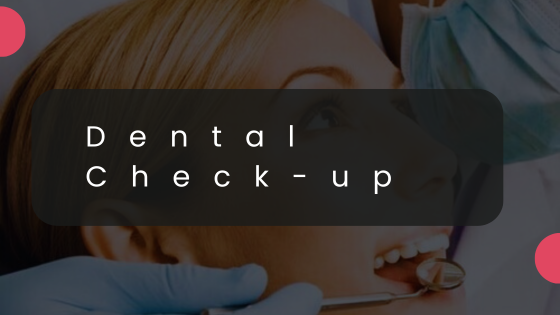Oral hygiene is an essential aspect of a child’s overall health. Beyond ensuring strong, healthy teeth, proper oral care habits can instill discipline, boost self-esteem, and even impact lifelong health. Hence, understanding and implementing a comprehensive oral hygiene regimen from early childhood is critically important.
Beginning Right from Infancy
Dental care begins even before the first tooth appears. Parents can clean the baby’s gums with a soft, damp cloth after each feeding. This kickstarts oral hygiene habits, preventing plaque buildup, and prepares the gums for incoming teeth. As soon as the first tooth appears, parents can switch to a soft-bristled toothbrush and a smear of fluoride toothpaste approximately the size of a grain of rice.
Regular Dental Visits
The American Dental Association recommends that the first dental visit should occur within six months after the baby’s first tooth appears, but no later than the child’s first birthday. Regular dental check-ups allow dental professionals to assess any potential issues early, provide appropriate preventive care, and guide parents on optimal oral care practices at home.
Fostering a Healthy Relationship with the Dentist
To cultivate a positive association with dental visits, parents should discuss the importance of oral health and what to expect during dental visits. It’s crucial to maintain a positive attitude and encourage questions to mitigate dental anxieties that children might have. Regular, stress-free visits can make children comfortable with dental check-ups, promoting consistent oral care in their later years.
The Fluoride Factor
Fluoride is proven to strengthen enamel and prevent cavities. Parents should use a small amount of fluoride toothpaste, increasing to a pea-sized amount when children are three years old and know how to spit properly.
Brushing and Flossing
As more teeth appear, they are prone to cavities, especially where they touch. Flossing becomes necessary to remove plaque from these narrow spaces a toothbrush cannot reach. Parents need to supervise brushing and flossing until about age seven to ensure that it is done correctly and safely.

The Role of Diet in Dental Health
The role of diet in maintaining oral health is pivotal. Children should be encouraged to consume foods low in sugar content. Natural, teeth-friendly foods like vegetables, fruits, cheese, and nuts should comprise the majority of their diet. Regular water intake rinses out excess food particles and maintains hydration, contributing to healthier gums and the prevention of tooth decay.
Sealants and Their Importance
Dental sealants are a thin coating applied to the chewing surfaces of molars, a common site for cavities in children. They offer a protective shield against decay-causing bacteria and should be applied soon after the child’s permanent teeth have erupted completely.
Maintaining a Healthy Oral Environment
Ensuring a clean oral environment aids in preventing dental disease in children. Parents must regularly inspect and replace worn-out toothbrushes, usually every three months. Additionally, sharing utensils, pacifiers, or cleaning a dropped pacifier with one’s mouth can transmit cavity-causing bacteria to the child.
Dental Injuries: What to Do
Active children may accidentally injure their teeth. Being aware of basic first-aid measures until one reaches a dental professional can rescue a knocked-out tooth, maintain its viability, and enable successful reimplantation.
Learning by Example
Children are great imitators, and parents play an invaluable role in being a model for good oral hygiene. Parents who maintain good oral health habits inspire their children to uptake the same.
Fiscal Impact
Dental caries remains one of the most common chronic diseases in children, often leading to pain, infection, and loss of school hours. Regular dental check-ups and proper oral care can largely prevent dental caries, proving cost-effective in the long run.
In Conclusion
Children’s dental care is a significant step toward lifelong oral and overall health. Instilling good oral habits early, along with adequate parental guidance, diet control, and regular dentist visits, ensures that the child’s journey towards oral health becomes a comfortable, enjoyable routine. Remember, your child’s sparkling smile and robust health are the result of these persistent efforts.


